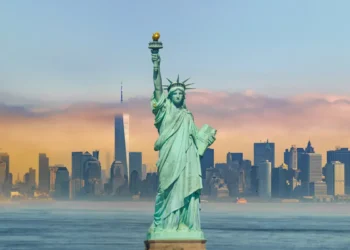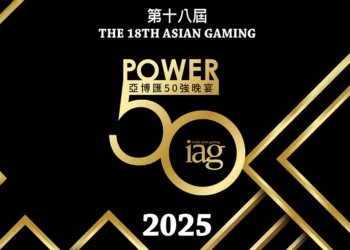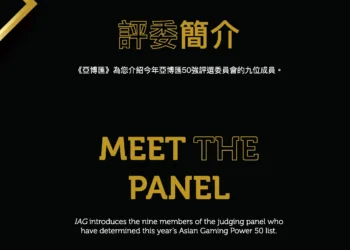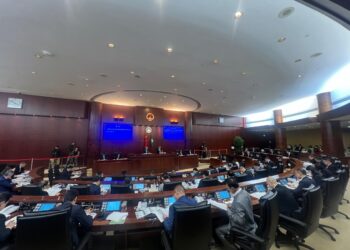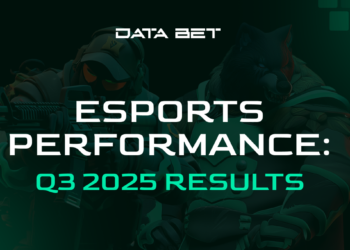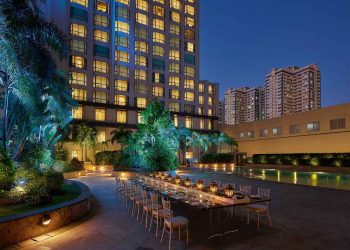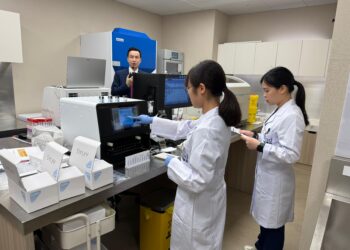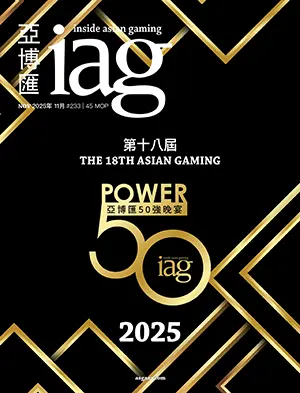South Korea’s only casino at which locals are permitted to gamble, Kangwon Land, has reported gross gaming revenue of KRW353.8 billion (US$256 million) for the three months to 30 September 2024, up 1.2% year-on-year and 6.9% sequentially.
The increase compared to the June quarter was on the back of improvement across its mass gaming segments, with mass table revenue up 10.0% quarter-on-quarter to KRW161.1 billion (US$116 million) and slot machine revenue by 8.6% to KRW145.1 billion (US$105 million).
VIP Membership revenue of KRW47.6 billion (US$34.4 million) was up 13.2% year-on-year but down 6.7% quarter-on-quarter.
Total drop amount of KRW1.50 trillion (US$1.08 billion) was up 2.0% over the same time last year and by 11.3% over 2Q24, aided by casino visitation of 646,892.
Kangwon Land reported a net profit of KRW92.0 billion (US$66.5 million) for the quarter, up 24.3% year-on-year but down 42.6% quarter-on-quarter on significantly lower margins. The company did not outline the reasons behind the sequential decline in margins.
The company’s 3Q24 results come with Kangwon Land preparing to embark on a comprehensive KRW2.5 trillion (US$1.9 billion) renovation and expansion project that will include a new luxury casino, a hotel and additional leisure facilities.
The project will see KRW1.8 trillion (US$1.34 billion) of the total investment spent on developing a new casino and a cultural complex and KRW270 billion (US$201 million) on a new hotel. Kangwon Land will also expand its non-gaming facilities by revamping walking trails around the casino complex, building a wellness center and developing a luxury pool villa, among other amenities.
As part of the expansion project, gaming space at Kangwon Land will increase from 15,486 square meters presently to 49,500 square meters with the goal of “addressing the current chronic shortage of [player] seats in the venue,” as per comments from interim CEO Choi Cheol-Gyu earlier this year.
The company has also announced a Value-up Plan aimed at enhancing shareholder value and investment appeal by implementing a minimum dividend payout ratio of 50% and improving per share value via KRW100 billion (US$73 million) in buybacks.












